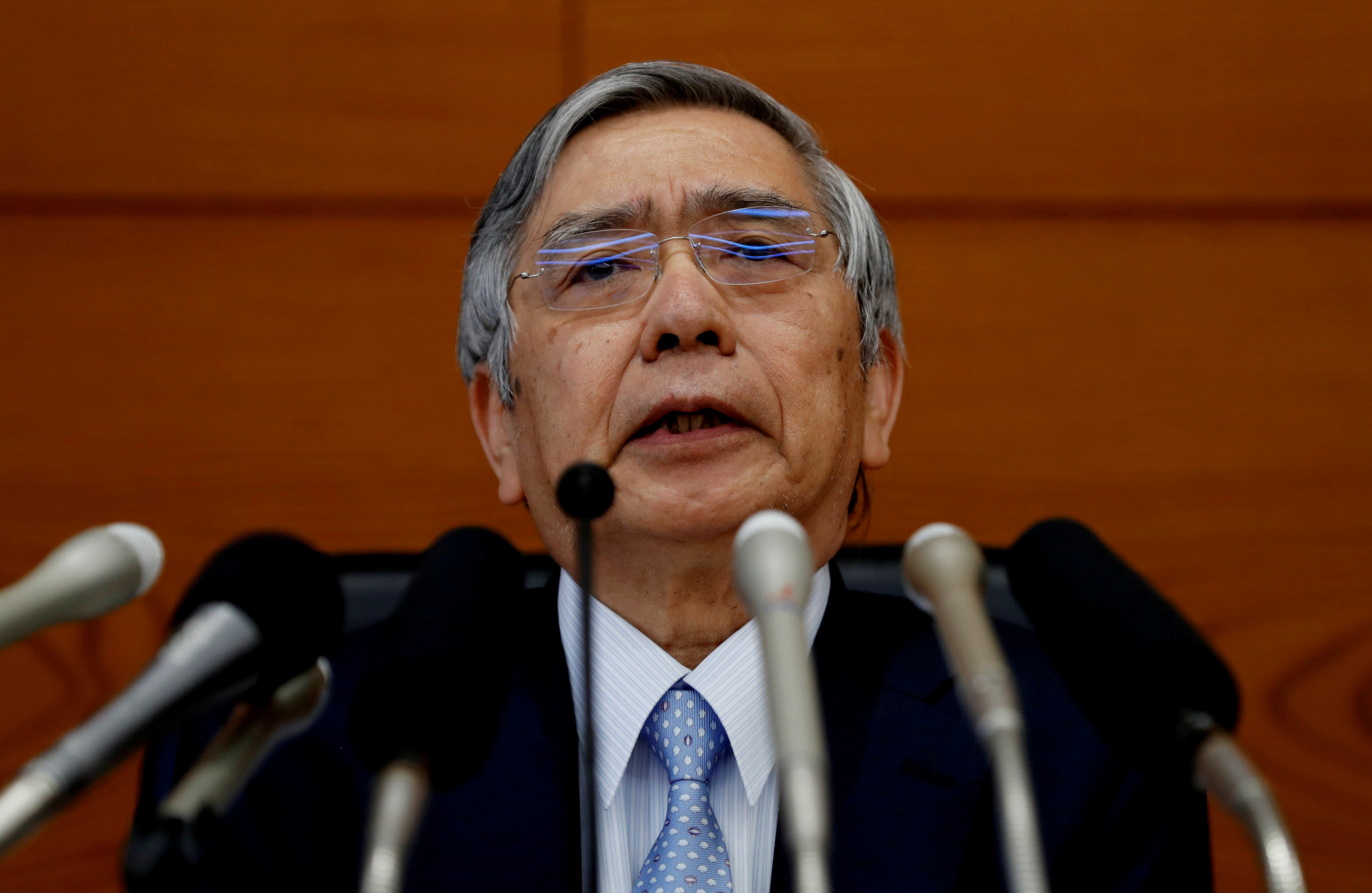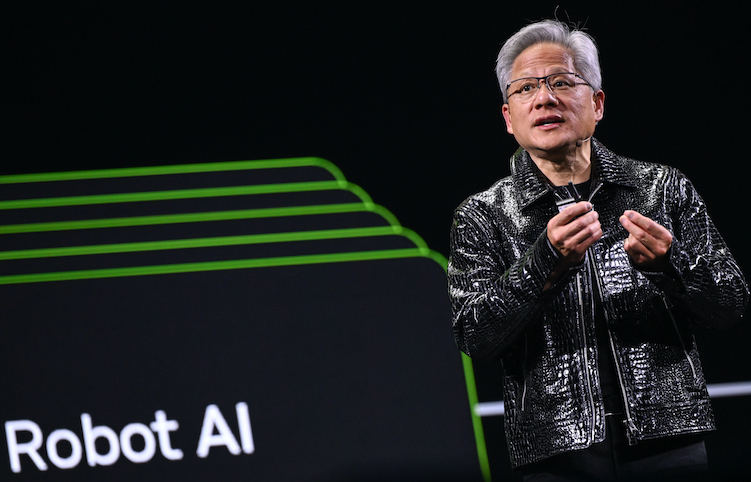Japan’s central bank has dismissed calls to scale down its purchases of exchange-traded funds (ETF), arguing the policy has had a positive effect on its Covid-hit economy as the country’s stocks rose to a 30-year high.
The bank’s governor stated on Tuesday its upcoming policy review will not lead to a radical change in its asset-buying scheme and it was premature to debate an exit from the central bank’s super-loose policy as the pandemic continued to spread.
“Our ETF buying has had a positive impact on the economy and prices. We don’t have any plan to end or permanently reduce our purchases,” Haruhiko Kuroda said. “We’ll look into ways to address [the side-effects] at our March review,” he said.
Read more: Bitcoin passes $50,000 as Musk plays with altcoin
The BoJ Governor also said the recent stock price rally reflected market optimism over the global economic outlook, brushing aside views its ultra-loose policy was fuelling an asset price bubble.
“Optimism over the global economic outlook and steady vaccine roll-outs may be behind the recent surge in stock prices,” Kuroda told Japan’s parliament.
“But the global outlook remains highly uncertain,” he said.
Japan’s stocks rose to a 30-year high on Tuesday in line with a global market rally reflecting hopes of big stimulus and steady vaccine rollouts.
POLICY TOOLS
The BoJ has unveiled a plan to review its policy tools, including its ETF-buying programme, in March to make it more sustainable as the Covid-19 pandemic forces it to maintain its stimulus for a prolonged period.
Kuroda said the review would address the side-effects of prolonged easing, as the hit to growth from the pandemic may keep his 2% inflation target out of reach for years.
“It may be difficult for inflation to reach 2% in 2021, 2022 and even 2023,” Kuroda said. “It’s not as if our efforts have had no effect. But we need to do more, given the fact inflation hasn’t reached 2% despite eight years (of easing),” he said.
- Reporting by Reuters
























